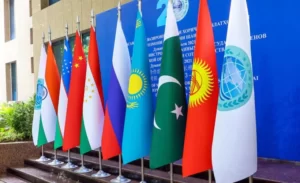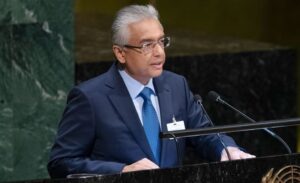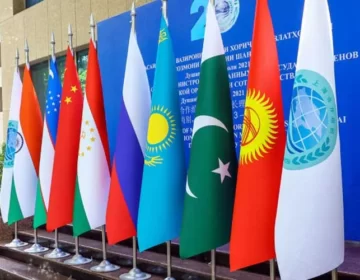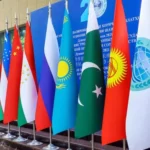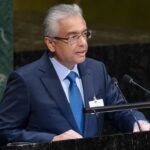In a critical assembly on Wednesday, United Nations Member States convened to address the alarming acceleration of global sea level rise, the fastest recorded in the past 3,000 years. UN General Assembly President Philémon Yang emphasized the gravity of the situation during a high-level meeting that featured a plenary session and panel discussions, with over 100 speakers contributing to the dialogue.
Mr. Yang highlighted dire projections, estimating a sea level rise of 20 centimeters between 2020 and 2050, which could result in the forced displacement of up to 1.2 billion people. “For those on the front lines, the impacts of rising seas threaten livelihoods, damage settlements, and jeopardize critical infrastructure. In extreme cases, entire island populations and coastal communities face displacement,” he stated.
Urging collective action, Mr. Yang called on nations to collaborate in building resilience, addressing disaster vulnerability, and implementing effective climate adaptation strategies. He stressed the importance of improving coastal management practices and reaffirmed the commitment to limiting global temperature rise to no more than 1.5 degrees Celsius to combat the root causes of rising sea levels.
UN Secretary-General António Guterres echoed these sentiments, emphasizing the necessity for “drastic action” to curb emissions and safeguard lives. He called for universal protection through early warning systems by 2027, in alignment with a UN initiative.
Guterres urged countries to deliver robust climate action plans that align with the 1.5°C target, encompassing all economic sectors and accelerating the transition away from fossil fuels. He specifically pointed to G20 nations, which account for approximately 80 percent of global emissions, as pivotal players in this effort.
“Funding is essential. We require a strong financial outcome at COP29 this year, focusing on innovative sources of capital,” Guterres remarked, referring to the upcoming UN climate change conference in Azerbaijan this November. He also called for substantial contributions to the newly established Loss and Damage Fund to support developing nations, alongside a pledge from wealthier countries to double adaptation finance to at least $40 billion annually by 2025. Additionally, he stressed the need for reforming multilateral development banks to provide more accessible financing options for developing countries.

